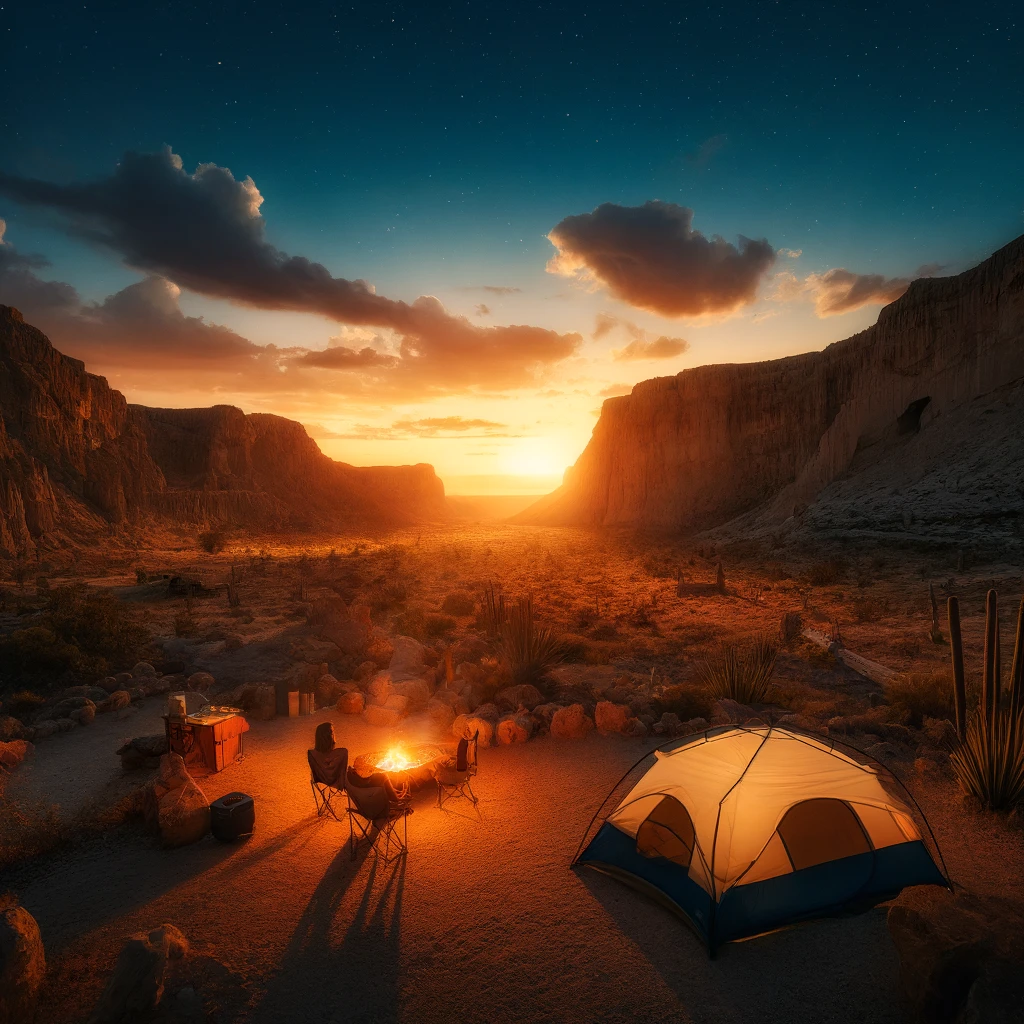As the summer season beckons outdoor enthusiasts to explore nature’s wonders, it’s crucial to embrace eco-friendly camping practices. The Leave No Trace (LNT) principles provide an excellent framework for minimizing our impact on the environment while enjoying the great outdoors. This guide will help you master these principles for a sustainable summer camping experience.
Understanding Leave No Trace
The Leave No Trace principles were developed in the 1960s and 1970s by the United States Forest Service, the Bureau of Land Management, and the National Park Service. These guidelines aim to promote responsible outdoor recreation and have become increasingly relevant as summer camping popularity surges.
The 7 Leave No Trace Principles for Summer Camping
1. Plan Ahead and Prepare
Proper planning is crucial for an eco-friendly camping trip. Research your destination’s summer-specific conditions, including weather patterns, wildlife activity, and fire restrictions. Pack appropriate gear that minimizes environmental impact, such as lightweight, reusable containers and biodegradable soap. Understanding and adhering to local regulations is also essential.
For a comprehensive guide on planning your summer camping adventure, check out our step-by-step planning guide.
2. Travel and Camp on Durable Surfaces
In summer, when vegetation is at its peak growth, it’s crucial to minimize impact by sticking to established trails and campsites. When selecting a campsite, look for areas with durable surfaces like rock, gravel, or dry grass. Avoid camping on delicate vegetation or too close to water sources.
Learn more about choosing the best campsite for summer weather conditions to ensure both comfort and environmental protection.
3. Dispose of Waste Properly
Proper waste management is critical, especially in warm summer conditions. Always pack out what you pack in, including food scraps that can attract wildlife. For human waste, use designated facilities when available. If not, dig a cathole at least 200 feet from water sources, camps, and trails. Pack out toilet paper and hygiene products.
4. Leave What You Find
Summer’s lush environment can be tempting, but leaving nature undisturbed is essential. Avoid picking flowers, moving rocks, or disturbing wildlife habitats. Practice ethical nature photography by capturing memories without altering the environment. Be mindful not to introduce non-native species by cleaning your gear between trips.
5. Minimize Campfire Impacts
During fire-prone summer months, consider alternatives to campfires, such as portable stoves for cooking. If campfires are permitted, use established fire rings, keep fires small, and burn only small sticks found on the ground. Always fully extinguish fires and scatter cool ashes.
6. Respect Wildlife
Summer is an active time for wildlife. Observe animals from a distance, never feed them, and store food securely to avoid attracting them to your campsite. Be aware of breeding seasons and avoid disturbing animals during these sensitive times.
7. Be Considerate of Other Visitors
Summer campgrounds can be busy, so it’s essential to be mindful of others. Keep noise levels down, especially during early morning and evening hours. Yield to other hikers on trails and camp away from high-traffic areas to preserve the natural experience for all.
Applying LNT Principles to Different Summer Camping Styles
Whether you’re backpacking in the wilderness, car camping, or enjoying a beach campsite, the LNT principles can be adapted to fit your camping style. For example, car campers can focus on reducing waste and using eco-friendly products, while backcountry campers should pay extra attention to campsite selection and waste disposal.
Eco-Friendly Gear and Products for Summer Camping
Invest in sustainable camping equipment and environmentally friendly products. Look for gear made from recycled materials, use solar-powered devices, and opt for reusable items over disposables. Remember to include these in your summer camping essentials list.
Teaching LNT to Children and Groups
Make LNT principles fun for kids by turning them into games or scavenger hunts. Assign LNT roles to different members for group camping and lead by example. These practices can instill a lifelong appreciation for nature conservation.
Overcoming Summer-Specific Challenges
Summer camping comes with unique challenges. Use natural insect repellents and proper clothing to manage increased bug activity. Stay cool sustainably by choosing shaded campsites and using battery-powered fans instead of generators. Be prepared for summer storms by knowing evacuation routes and proper shelter techniques.
Beyond the Basics: Advanced LNT Practices
Take your commitment to the next level by participating in trail maintenance projects, engaging in citizen science initiatives during your trips, or advocating for environmental protection in popular camping areas.
The Impact of Social Media on LNT
While sharing your summer camping experiences on social media can inspire others, it’s important to do so responsibly. Avoid geotagging sensitive locations and use your platform to educate others about LNT principles.
Conclusion
By embracing the Leave No Trace principles during your summer camping adventures, you’re ensuring a more sustainable outdoor experience for yourself and preserving nature for future generations. Remember, every small action counts towards protecting our beautiful natural spaces. Let’s make this summer camping season the most eco-friendly yet!

Leave a Reply